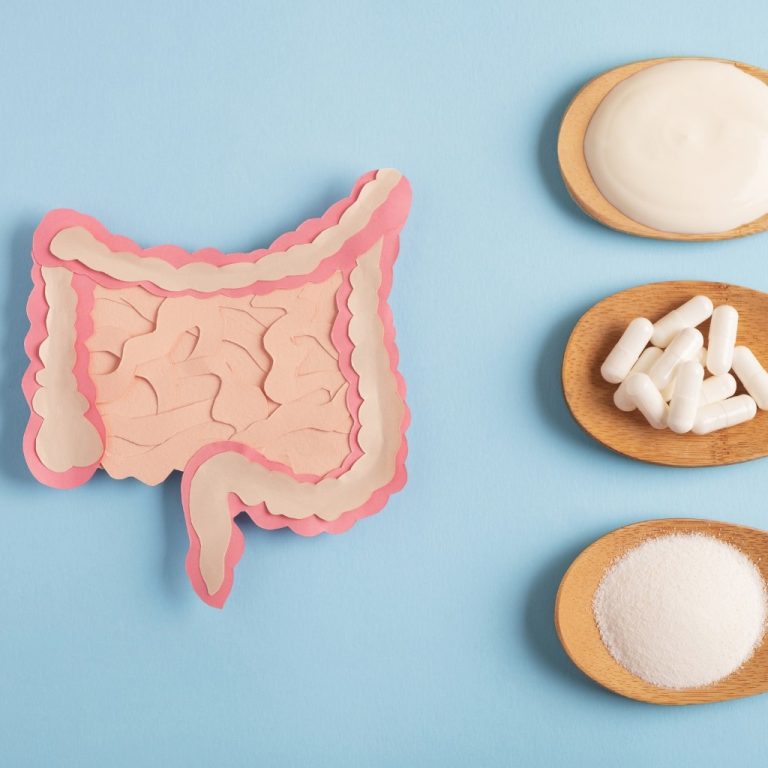Hongkong – COVID-19-infections often lead to a change in the intestinal flora. This change was associated with the severity of the disease as published in a study in the journal “Gut” (2021; DOI: 10.1136/gutjnl-2020-323020). Even though the coronavirus is a disease that primarily affects the airways, it can also infect the cells of the intestinal mucosa. The intestines are also the biggest immunological organ in the body, whose job it is to control the intestinal bacteria. Since severe COVID-19 infections result in overactivity of the immune system, the intestinal flora is probably also affected.

That is why Siew Ng and a team of researchers at the Chinese University in Hongkong genetically analysed the stool samples of 100 patients who were treated at the university clinic for COVID-19 at the beginning of 2020. 41 patients had several stool samples analysed, 27 of which handed in stool samples 30 days after they were discharged. The researchers sequenced the DNA within the samples, which provided them with information about the type and relative prevalence of individual intestinal bacteria.
When compared to the microbiome of 78 adults that were analysed before the pandemic, there were some significant differences. Many of these differences were attributed to the fact that the patients were treated with antibiotics (a common practice at the beginning of the pandemic). However, the microbiome of COVID-19 patients that received no antibiotics also showed clear deviations.
The patients with COVID-19 had a higher number of Ruminococcus gnavus, Ruminococcus torques and Bacteroides dorei species in the intestines than individuals who had no infection. Other bacteria such as Bifidobacterium adolescentis, Faecalibacterium prausnitzii and Eubacterium rectale, on the other hand, were more seldom. A low number of F. prausnitzii and Bifidobacterium bifidum were – after taking the use of antibiotics and the age of the patients into account – associated with a more serious course of illness. The overall amount of these bacteria remained low in these patients, even after the infection.
The composition of the intestinal flora also partially correlates with the increase in inflammatory parameters such as CXCL8, CXCL10, IL-10 and TNF-alpha, as well as the lab values of CRP, LDH and hepatic enzymes that indicate the severity of the disease. The results provided no proof of causal association but do give us food for thought. Could the impaired intestinal flora, partially caused by the unnecessary treatment with antibiotics, be co-responsible for the overreaction of the immune system? And could this impairment, which was still detectable after the disease, be the cause of the long-lasting effects of the infection, better known as “Long COVID”?
Some of the experts from the “Media Science Center” think this could be possible. Angus Dalgleish from the University of London reminds us that, according to the latest research, the intestinal flora has an impact on the efficacy of cancer immunotherapy. Graham Rook, an emeritus professor at the University College London, suggests we conduct studies analysing the benefits of stool transplantation in “Long COVID”.
The associations described by Ng could just as well be attributed to obesity, diabetes or other dietary risk factors for COVID-19 that harm the intestinal flora. © rme/aerzteblatt.de



























